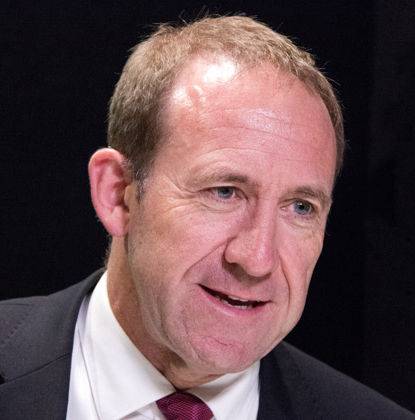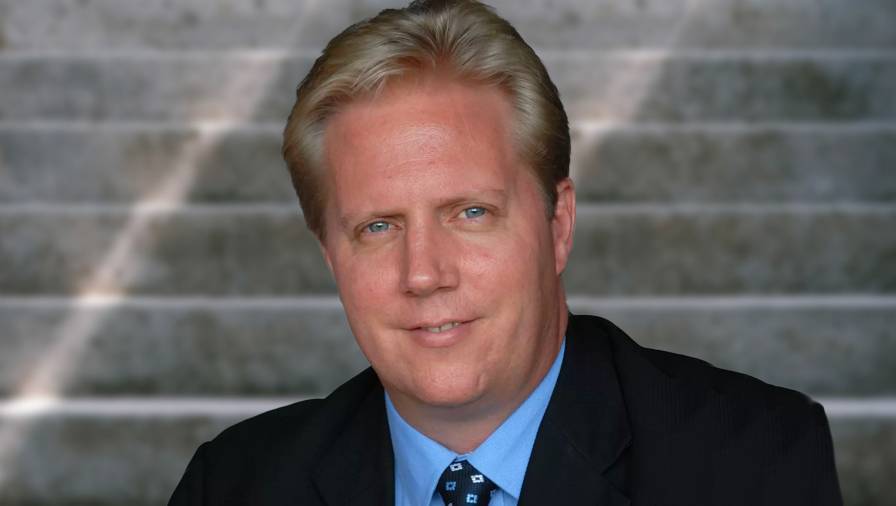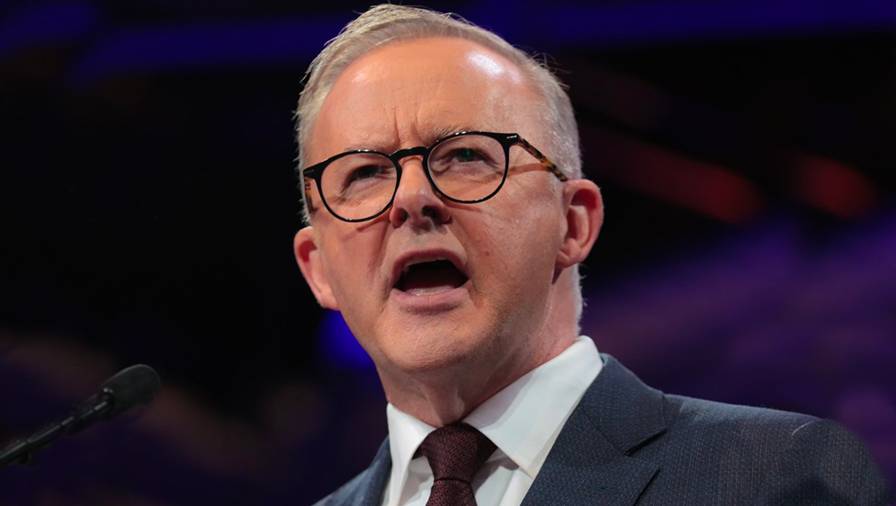Health, trade ties, misbehaving MPs, Trans-Tasman talkfest
ANALYSIS: Despite spending $24b on health this year, sector still under severe strain.
NBR political editor Brent Edwards speaks with Grant Walker.
ANALYSIS: Despite spending $24b on health this year, sector still under severe strain.
NBR political editor Brent Edwards speaks with Grant Walker.
Health Minister Andrew Little is facing criticism after he said in an interview that demand on the health system was dissipating.
Health workers – nurses, doctors, and others – feel under increasing pressure as the Covid-19 pandemic and a return of seasonal flu is filling hospitals with patients. Hearing their minister downplaying their stress and concern did little to mollify them.
At the end of last week, Covid cases were on the rise again and the seven-day rolling average of hospitalisations was 377, up from 353 a week earlier.
As it was, the health system was already under significant strain, with or without a pandemic to deal with. Frustrating for the Government is that it is putting a lot more money into the health system.
In this year, it is spending $24 billion, a 43% increase since Labour became the Government, but it appears not to be enough. Many hospitals still need upgrades, there are staffing shortages, mental health services are still problematic, and GPs are also struggling.
None of this is solely of this Government’s making but it has to find solutions.
Last week, the new Health New Zealand entity – which takes over from the country’s 20 district health boards – came into effect, as did the new Māori Health Authority. But no-one is pretending changing the bureaucratic structure will lead to immediate and easily seen improvements.

Health Minister Andrew Little.
Fractious relationship with nurses
For the moment, the Government has a fractious relationship with most health sector unions, particularly the nurses. The Government has put a pay equity offer on the table, which will substantially increase their pay, but there is an impasse over nurses’ demands the payment should be backdated.
It has always been a frustration for Labour that state sector unions representing nurses and teachers get stroppy when it is in power but remain largely quiet and acquiescent under National governments.
Whatever Labour’s frustrations, though, it would be more politic for Little to respond to health workers’ complaints in a more empathetic and diplomatic manner. He might be wise to observe how former Health Minister Annette King handled the portfolio from 1999 to 2005.
There were few complaints in that period although the sector got more acrimonious after she was replaced by Pete Hodgson and then David Cunliffe in the last term of the Helen Clark-led Government.
A little bit of personal warmth and sympathy – coupled with more money – goes a long way to keeping the sector happy.
Unhappy farmers
Meanwhile, Prime Minister Jacinda Ardern must be giving plenty of thought as to how she can keep farmers happy after reaching a deal on the free trade agreement with the European Union in Brussels last week.
Ardern’s press statement on the agreement was full of positive vibes, but dairy and meat farmers feel left out in the cold. The improvement in access for meat and dairy exports is minimal and will do little to lift export receipts from those sectors.
While kiwifruit, wine, and seafood have done well out of the deal, critics point out the value of the increases are modest when compared with what could be gained from meat and dairy exports if they got decent access to the European market.
And the numbers tell the story: the Government estimates that by 2035 export revenue from the European Union will be up by $1.8b a year as a result of the deal. But the EU reckon its exporters will be doing much better and will get an extra €4.5b a year.
As it is, two-way trade between Europe and New Zealand is already in the EU’s favour by two to one. The deal Ardern produced in Brussels does nothing to change that.
National’s trade spokesperson Todd McClay worries it will tie New Zealand’s hands in future negotiations. Countries such as the United States and India, for example, would have no interest in offering New Zealand reasonable access for its meat and dairy exports, given the deal it has made with the EU.

National's trade spokesperson Todd McClay.
While the EU put the agreement in the context of uncertain international times, citing the Russian invasion of Ukraine, the US still shows no sign of offering New Zealand any leeway. It continues, for instance, to impose tariffs on New Zealand steel, despite this country’s support for international efforts to bolster Ukraine in its war with invading Russian forces.
Parliamentary conduct
On the domestic front, outgoing Parliamentary Speaker Trevor Mallard announced a new role, the Commissioner for Parliamentary Standards. This person, who is yet to be appointed, will be independent and responsible for considering the conduct of MPs.
It provoked an immediate reaction from Act leader David Seymour, who claimed the Commissioner would have the power to end MPs’ careers.
The appointment comes as a consequence of the Debbie Francis review into the culture at Parliament amid reports of bullying and sexual harassment. The Commissioner will receive, investigate, and resolve complaints about the conduct of MPs, which do not align with behavioural standards already agreed as a result of the review.
Given the Speaker is also an MP he or she could be subject to investigation if a complaint was made about their conduct.
As it is, the Speaker will appoint the Commissioner for a five-year period but on the recommendation of the Parliamentary Service Commission – on which all parties sit – and in consultation with party leaders.
MPs who treat their staff with respect have little to fear. But bullies might just be found out a little sooner.
Trans-Tasman talkfest
Finally, this week, trans-Tasman business leaders and politicians gather in Sydney for the annual – although it has been disrupted by Covid-19 – Australia-New Zealand leadership forum. Both Ardern and Australian Prime Minister Anthony Albanese will be there, as will a number of senior ministers from both governments.

Australian Prime Minister Anthony Albanese.
The focus of the agenda is on economic recovery from the pandemic, the health response, and climate change.
NBR presenter Grant Walker asks whether it is a talkfest or something worthwhile. Well, it is a talkfest but, over the years, these meetings have managed to give some impetus to the push to integrate the two economies and make it easier for businesses to operate on both sides of the Tasman.
Walker, though, already has a view of the statement that will come out of the meeting.
“Both our countries acknowledge the difficult times the world is currently experiencing … We acknowledge how tough things are and vow to work together to try in every way we can make things better for all those affected in ways by the situation we all find ourselves in today … Oh, sorry, I forgot this bit on the end: Amen,” he said.
Next week we will be able to judge just how right or wrong Walker is. Hopefully, too, he will have recovered fully from Covid… Amen.
Sign up to get the latest stories and insights delivered to your inbox – free, every day.